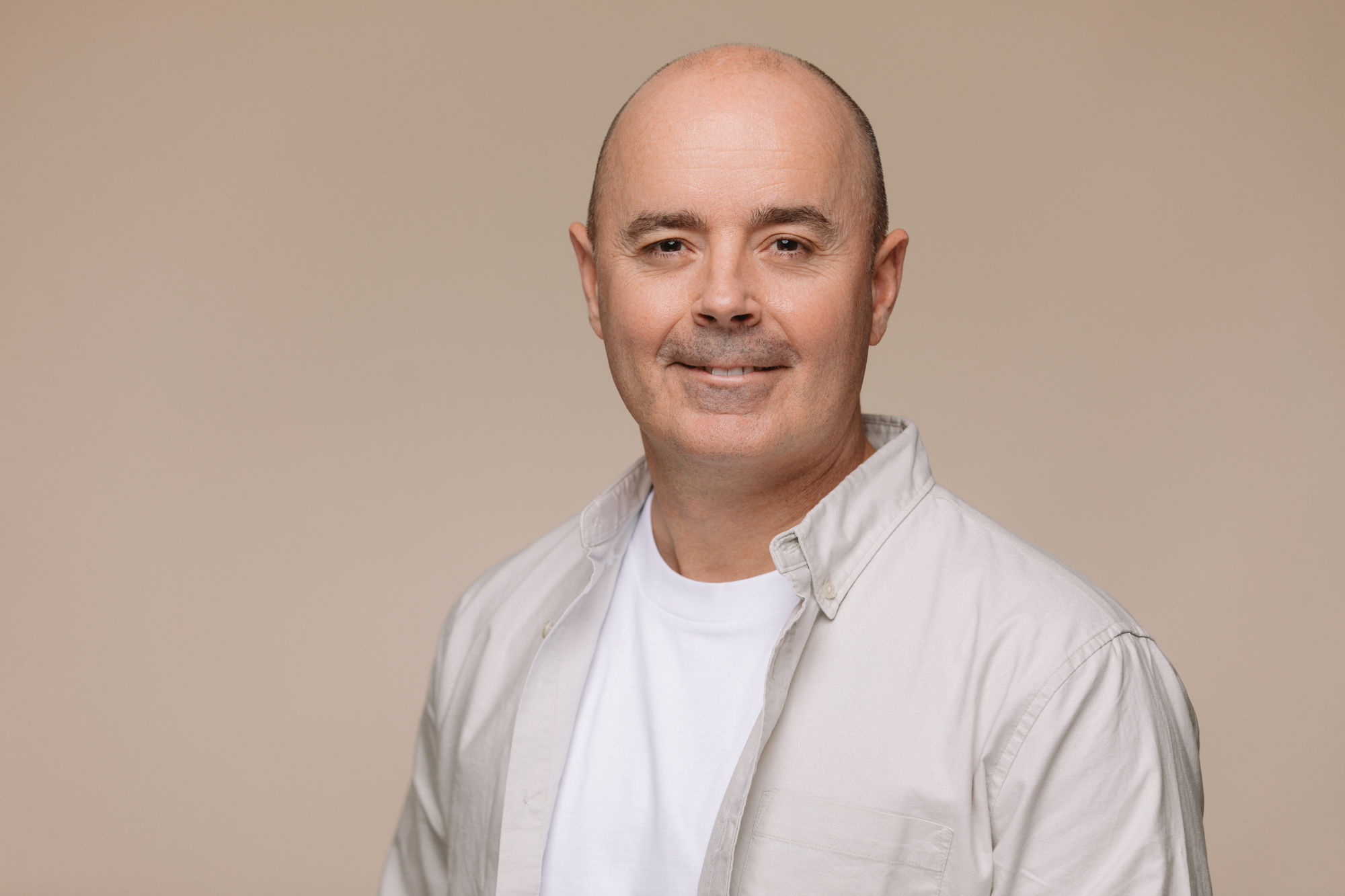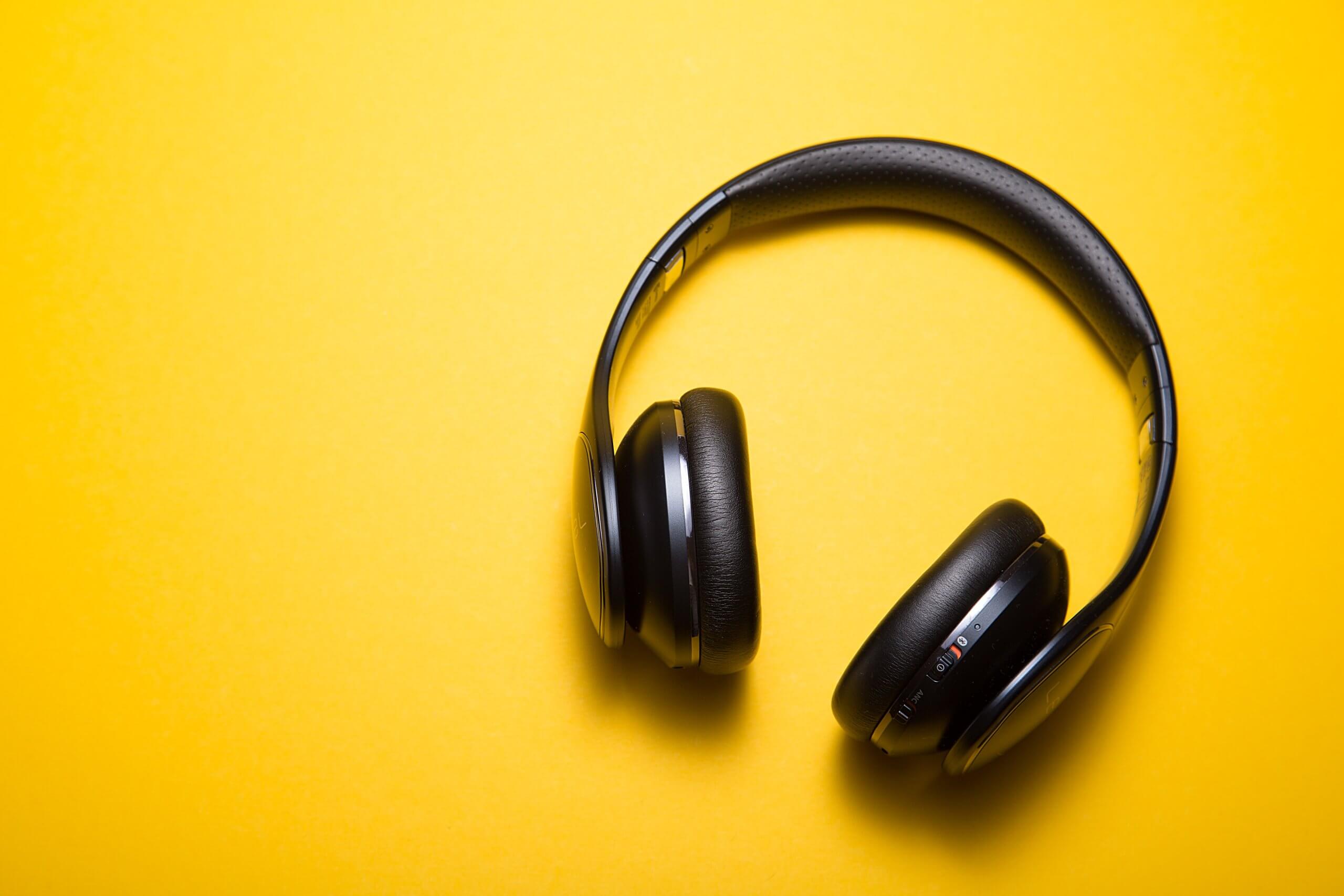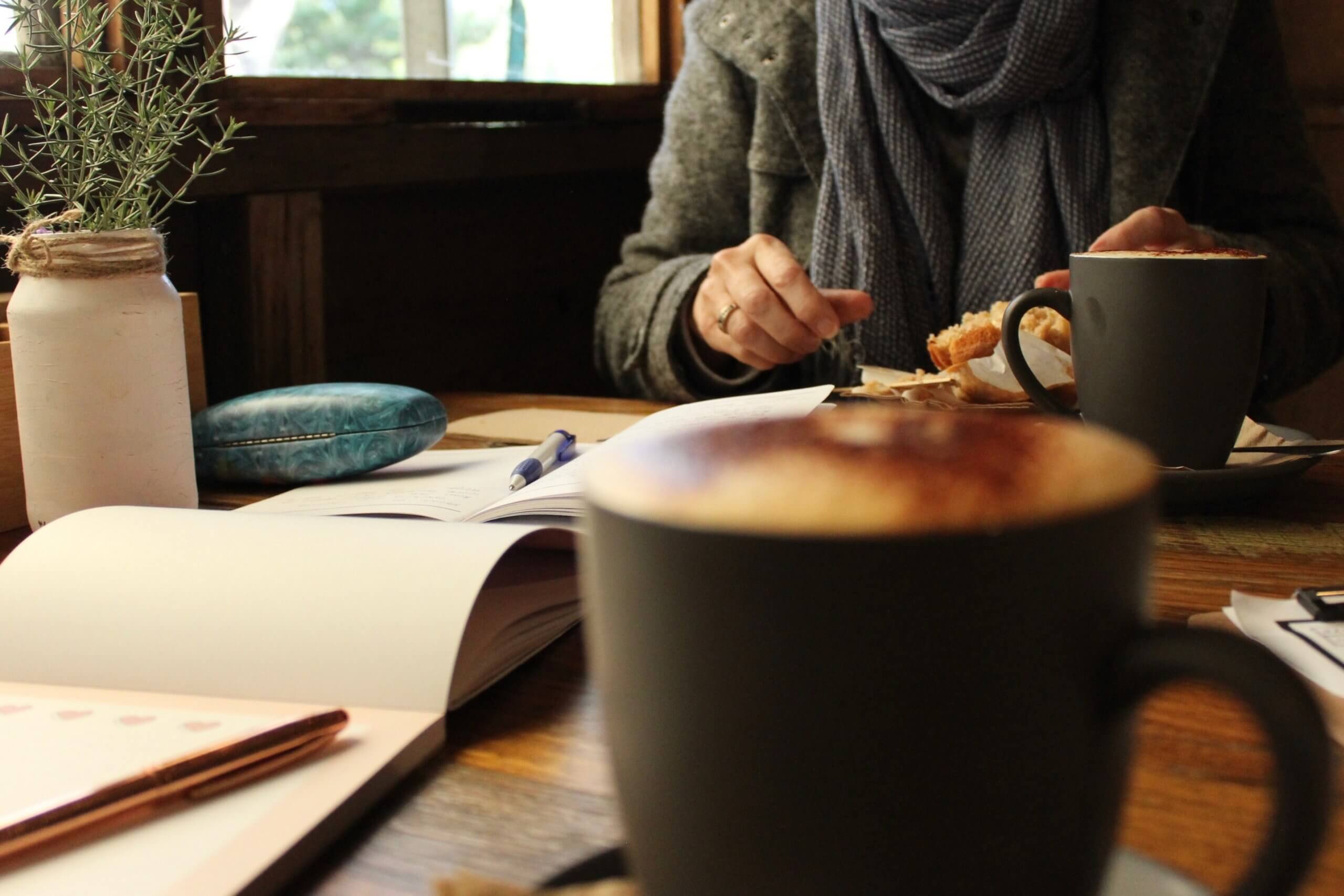Finding inner courage can often take practice and hard work. Furthermore, it is often part of the healing process and is needed for changing up our life for the better. We don’t always notice when we are being courageous or reflect on this quality within ourselves. However, every once is a while we need to push past our boundaries to explore and do something new. Life can become stagnant otherwise as we maintain an existence behind a fortress of comfort, familiarity, anxiety, and defence.
What would life be if we had no courage to attempt anything (Vincent Van Gogh)
Perhaps you want to build bravery and courage to face life’s challenges? Perhaps you want to master some of your anxiety or learn ways to approach life rather than avoiding difficulties. Importantly, maybe you want to be more of who you are, finding the riches of being true to expressing your emotional and authentic self.
Examples include:
- Being honest with yourself
- Asking for help, accepting help
- Going on a trip
- saying No, saying Yes and meaning it
- Following your heart
- Speaking up for yourself or others
- Facing anger, sadness, grief
- Ending a relationship
- Believing in yourself
How many times do we end up blocking or inhibiting our experience because we don’t want to be judged or criticised? Or some fear, paralysis, or helplessness kicks in that stops us in our tracks. How do we find this inner courage to gravitate to a new way of being or to try something different?
Ideas of Courage
Often our concepts of courage stem from romanticised ideals of bravery or heroicism we see in movies. However, what I am talking about is the day to day courage to be who we are in a less defended way. The inner muscle we all need to face difficult scenarios in life, to be brave and confident enough to do what we believe in, and to allow vulnerability by being true to who we are. Any client that walks through the therapy door is making a courageous step to open up and explore their inner world.
“Be the kind of person that dares to face life’s challenges and overcome them rather than dodging them” (Roy Bennett)
Brene Brown, the guru of courage research, notes that the root word of courage is cor or translated = heart. Cor literally means “to speak one’s mind by telling all of one’s heart. This is the courage I will focus on in the following section. When I speak about courage or being true to who you are, I am not talking about recklessness, acting or speaking in a damaging way, or the absence of fear. Rather, I am talking about living with an open heart to take on new challenges, to be willing to live at the edge of our comfort zone, to move in to fear, and importantly to speak our emotional truth.
Understanding Systems of Anxiety and Courage
To start, we can conceptualize two systems that operate in the body, the first operates to avoid, preserve and contract from life. The other operates to approach, open, embrace, and move towards life. The first of these systems is anxiety and defence related.
I refer to anxiety a lot because it is such a common life experience. Anxiety comes in many forms. It is designed to be one of the loudest signals in the body alongside pain and distress. At its fundamental level it is signalling the potential for physical or psychological harm, danger or threat. It makes sense that it is going to ring our pretty loud every now and again.
There is actually a well-defined circuitry in the brain that speaks to different aspects of anxiety. Different areas are activated during freeze and panic reactions, during checking and safety rituals, and during worry. When we are in anxiety and fear states we become constricted, on edge, hyper-alert, and primed to flight, fight, or freeze.
Connected to anxiety we often develop relentless strategies or defence mechanisms to avoid the threat or to try to create a sense of security. The primary threats nowadays are often relational – rejection, judgement, and criticism. Brene Brown describes how in our culture we are taught to strive, perfect, perform, and please. We are also taught to suppress our vulnerability (our self) which is equated to weakness.
“Fear is a reaction, Courage is a decision” (Winston Churchill)
These messages are embedded in our culture, the houses we live, the rules we live by, and the scripts we run by. We end up delaying and avoiding our path and vulnerability. These patterns develop over time and may prevent us from pursuing a more meaningful or purposeful life. These patterns can lead to success but might drain us of energy, vitality, connection, and joy.
The Courage System
The other system has to do with courage, openness, approaching, and exploration. This system embraces the waves of life and is willing to experience and risk feeling emotion and vulnerability and being true to who you are. The courage system often operates even when we experience anxiety and defence. The difference is that we turn towards our feared or avoided opportunities. So then what? How, then do we find and develop courage?
Building Awareness of Anxiety and Courage
The next step is to build awareness of these signals in your body. Start to notice when your body and mind react during the day. You can observe how you carry stress, tension, and emotion in your body. For example, you might notice that you tend to contract and avoid situations or your body bunches up during conversation. You might notice anger, or a kick of shame, flattening out, or detachment. Simply start to curiously observe your reactions to situations. Acknowledge these reactions to yourself and what you are afraid of.
We are frequently taught to suppress, bury, and hide emotions and feelings. However, over time these defences can calcify or become stubborn habits to break. Instead, have a stance of willingness, curiosity, and courage to experience emotion and discomfort. Simply turning the dial from resistance to willingness can help immensely.
Prepare and Create a Map for Yourself: Following Your Heart
What is it that you want? And who do you want to be? Create a list of values that you stand for and feel right to you. If you are reading this you probably want to embrace courage and being authentic to who you are. Or you might have a vision of what you want to achieve and work towards. Simply list the things that you want to commit towards. This might be regarding relationships with family and friends, career, interests and hobbies, health and fitness or just the general sense you have of yourself. Be creative with your vision for life and create a mind map. This map can and does change, but it must feel right for you. It is a guide of all the places you want to go within yourself and in the world, the challenges you want to open to.
“Whatever you do, you need courage. Whatever course you decide upon, there is always someone to tell you that you are wrong. There are always difficulties arising that tempt you to believe your critics are right. To map out a course of action and follow it to an end requires some of the same courage that a soldier needs. Peace has its victories, but it takes brave men and women to win them.” (Ralph Waldo Emerson)
Intention
Set the intention for being courageous. If we approach each day unconsciously on auto-pilot we may only get the same results. However, if we endeavour to dare a little every day then who knows what we might find after a day, week, or month. Set a focus for the day or week for finding courage in day to day life. Talk to a stranger, have a conversation, choose some interesting topics to talk about.
Find Safe Avenues to Practice Courage, Expression, and Vulnerability
It can be difficult enough starting to express ourselves. Therefore, find safe avenues to start off with where you can express vulnerability and emotion. This might be through writing, creativity, therapy, or with trusted friends.
All too often people can be ready to judge or criticize, or dismiss. Given space for yourself to voice what might be on your mind. People’s voices and sound gets suffocated for all kinds of reasons. It is painful to see and sometimes requires extensive therapy for a voice to be found. Talk from the heart – cor.
Be Kind and Try Not to Compare
In this hyper-competitive world take care. We often compare ourselves to others and their personalities. If you are introvert by nature make room for that, make room for mistakes, awkwardness, and set-backs. Listen closely and deeply to yourself. But also see the aspects in others that have perhaps been disowned within yourself.
Dare to Be You
Just be yourself! is a term often quoted but requires fierce courage to practice. Why then is this so hard to practice? Usually because we are taught to operate from others perspectives. We receive so much input from the world that it can be difficult to pause, reflect, and make room to be true to ourselves.
“I learned that courage was not the absence of fear, but the triumph over it.” (Nelson Mandela)
When I am talking about being more of you who you are. I am not talking about being more – unless this is who you are. Accept and allow your quirks, your habits, imperfections, strengths, and weaknesses. Also be willing to speak up with a trusted other if you are struggling, suffering, sad, alone, angry, or whatever.
Fears, insecurities, and doubts do not vanish if we avoid or defend against them. They re-emerge in other ways. The way through them is to approach life and by endeavouring to be our most authentic self. By doing this the hope is we can find greater fulfillment in life. By practicing a little every day, by showing up we start to build the courage muscle.
What would life be if we had no courage to attempt anything (Vincent Van Gogh)
Perhaps you want to build bravery and courage to face life’s challenges? Perhaps you want to master some of your anxiety or learn ways to approach life rather than avoiding difficulties. Importantly, maybe you want to be more of who you are, finding the riches of being true to expressing your emotional and authentic self.
Related Articles
Music holds a special place in the hearts of people worldwide, often transcending cultural and linguistic barriers. In particular, music is intrinsically connected to the [...]
Perfectionism is a personality trait or mindset characterized by setting extremely high and often unrealistic standards for oneself, accompanied by an intense desire to achieve [...]
Have you ever wondered why some people seem to effortlessly form deep and meaningful relationships, while others struggle to connect? The answer may lie in [...]




